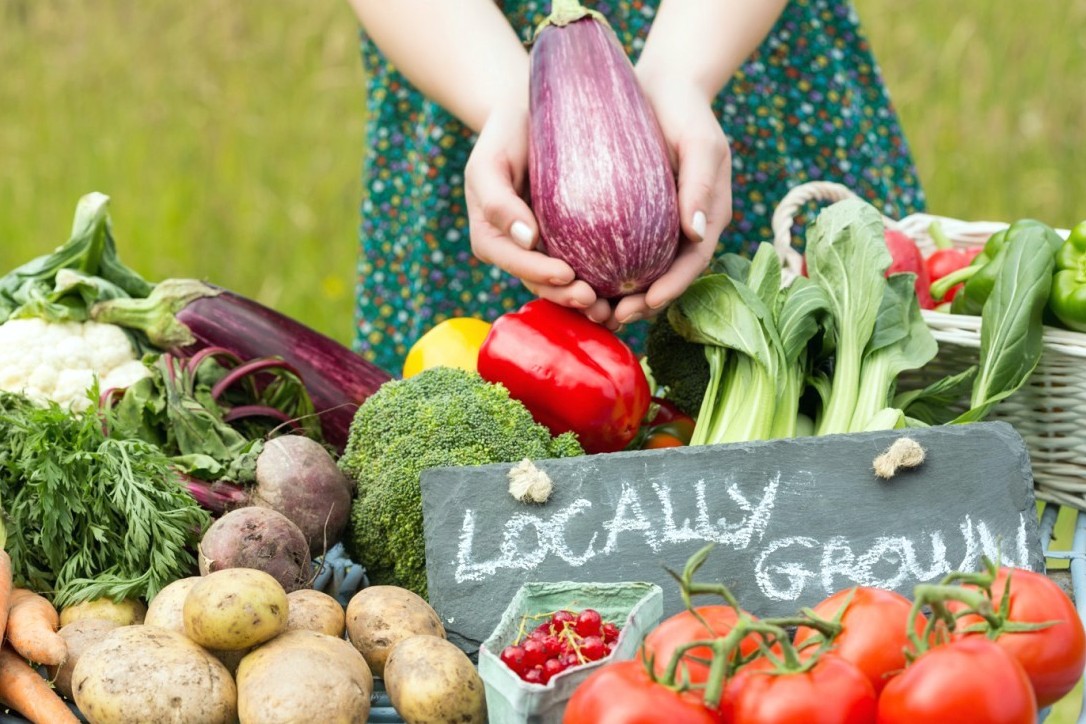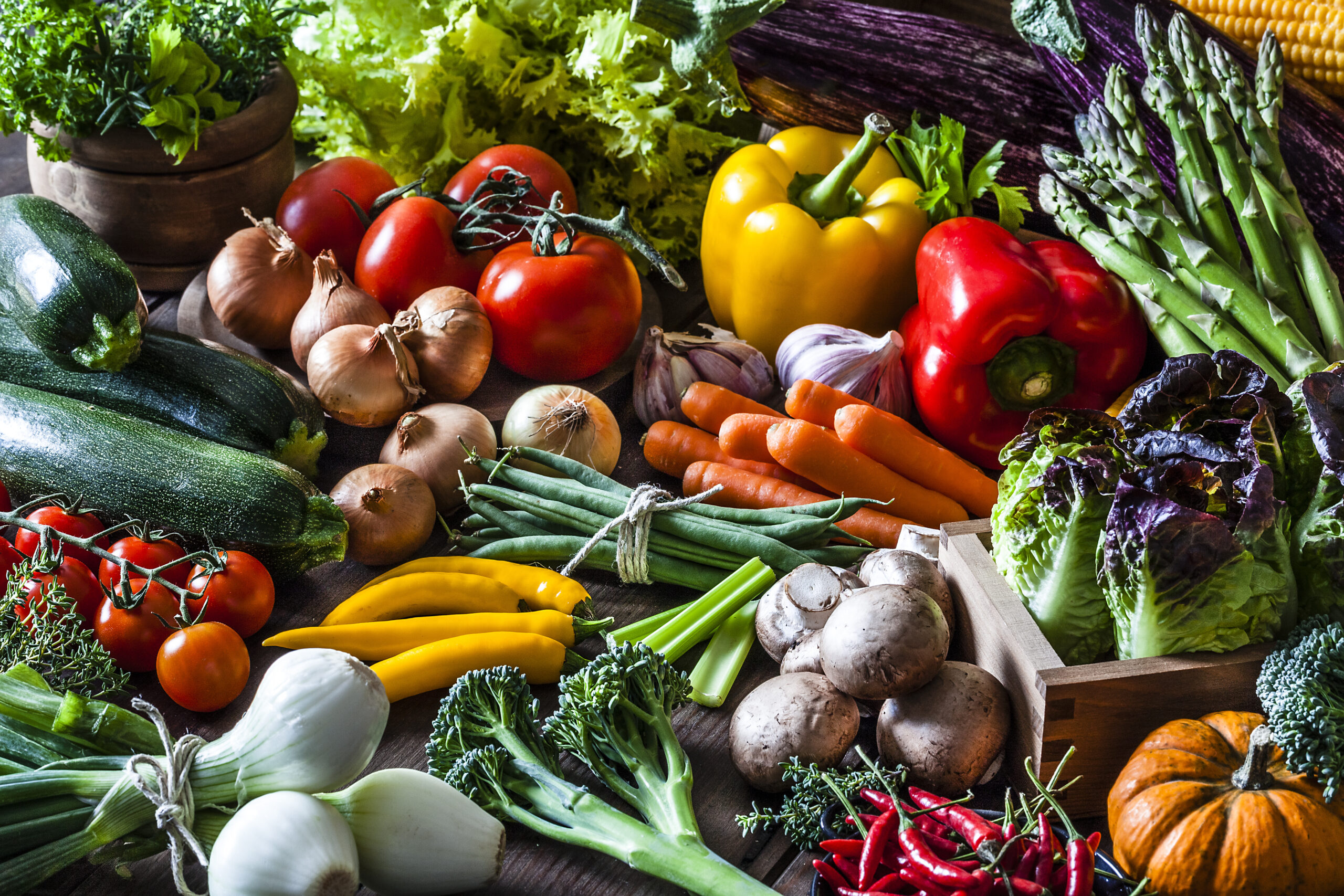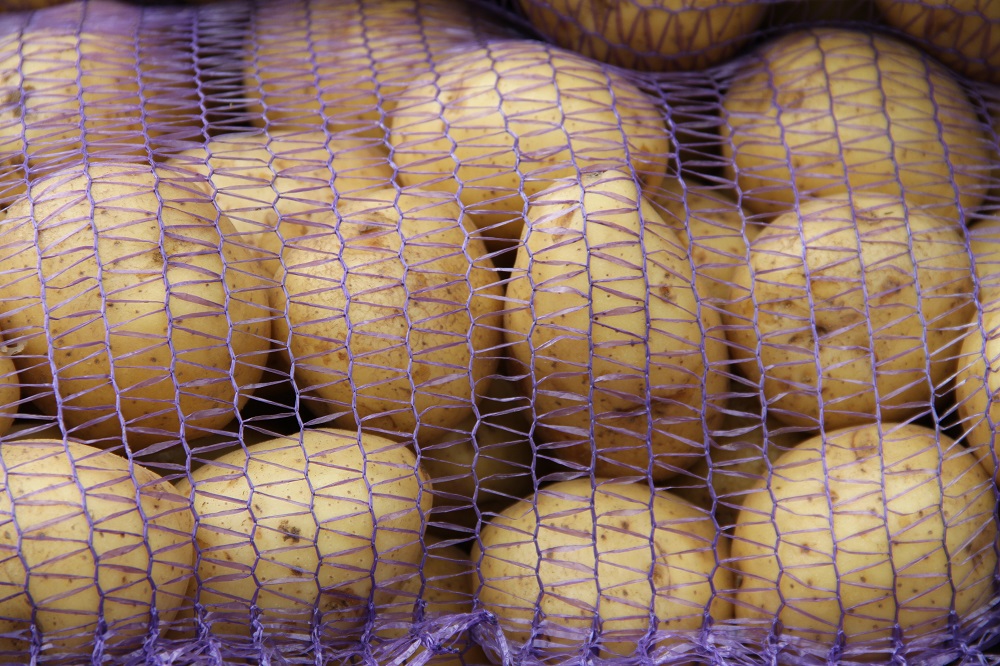Organic farming is a rapidly growing movement across the globe, as more consumers lean toward natural and sustainable food choices. But what truly defines “organic”? Is it merely the absence of chemicals, or is there more to the story? Let’s delve into the core principles of organic farming to understand the heart of the organic food https://greenelly.com/.
Soil Health: At the core of organic farming is the belief that a healthy soil leads to healthy crops. Organic farmers often adopt practices like crop rotation, composting, and green manuring to maintain and improve soil health. These methods not only provide natural nutrients for the crops but also enhance soil structure and microbial life.
Avoidance of Synthetic Chemicals: Organic farming strictly prohibits the use of synthetic pesticides, herbicides, and fertilizers. Instead, farmers employ natural alternatives such as beneficial insects, natural predators, or organic compost to manage pests and feed the soil.
Biodiversity: Organic farms prioritize diversity. This means a variety of crops are planted rather than focusing on monocultures. Biodiversity not only reduces the risk of pest infestations but also ensures a balanced ecosystem, promoting resilience and reducing dependency on any single crop.
Natural Livestock Production: Animals raised on organic farms are treated humanely and are often free to roam, ensuring their well-being. The use of antibiotics, growth hormones, and genetically modified organisms (GMOs) is strictly prohibited. Instead, animals feed on organic, GMO-free fodder.
Sustainable Water Management: Water is a precious resource, and organic farming aims to utilize it efficiently. Techniques such as rainwater harvesting, drip irrigation, and mulching are commonly adopted to ensure minimal water wastage.
Non-Reliance on GMOs: One of the cornerstones of organic farming is the exclusion of GMOs. Organic farmers believe in preserving the natural genetics of plants and animals without any synthetic interventions.
Holistic Farm Management: Organic farming views the farm as an interconnected system. Every decision is made with consideration to its impact on all aspects of the farm’s ecosystem, from the soil to the local bird populations.
Transparency and Integrity: Certified organic farms often undergo regular inspections to ensure they’re adhering to organic principles. This ensures consumers are getting genuinely organic products, fostering trust between farmers and consumers.
In conclusion, organic farming is not just a method but a philosophy that prioritizes environmental health, sustainability, and the well-being of both consumers and producers. When purchasing organic products, consumers are not only investing in their health but also supporting a sustainable future for agriculture and our planet. So, the next time you pick up an organic product, remember that its value goes far beyond its price tag.





